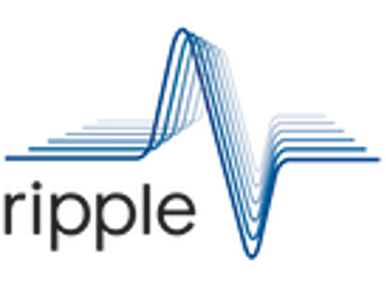New device-based treatment for severe pain, a first application of a platform technology
First cancer pain patient in the world was successfully treated with novel neuromodulation device. For this project a new public-private-partnership was established between Leiden University Medical Centre (LUMC), Ripple Neuro and Factory CRO. Ripple Neuro is a medical device company from Salt Lake City, that manufactures neuromodulation equipment. Factory is a CRO who provided advice. Innovation and research are extremely important to the LUMC, and as such this project was fully supported.
Cancer pain is still a major issue, with 1 in 3 patients describing pain, and fear for pain. Moreover, our therapy may be the first effective oxytocin neuromodulation treatment, which may benefit also other patients with neurological, or psychiatric diseases. The potential benefit of this treatment can be millions of patients.
We developed a system to stimulate release of the neuropeptide oxytocin in the brain of the patient. This is thus the patient’s own oxytocin. Oxytocin is known as the “cuddle hormone“. It is in fact, a very potent molecule with many functions, generally pro-social and anti-stress.
This project has been very successful in showing feasibility of our approach. We will continue development of the system, and to explore which patients can be best treated.



